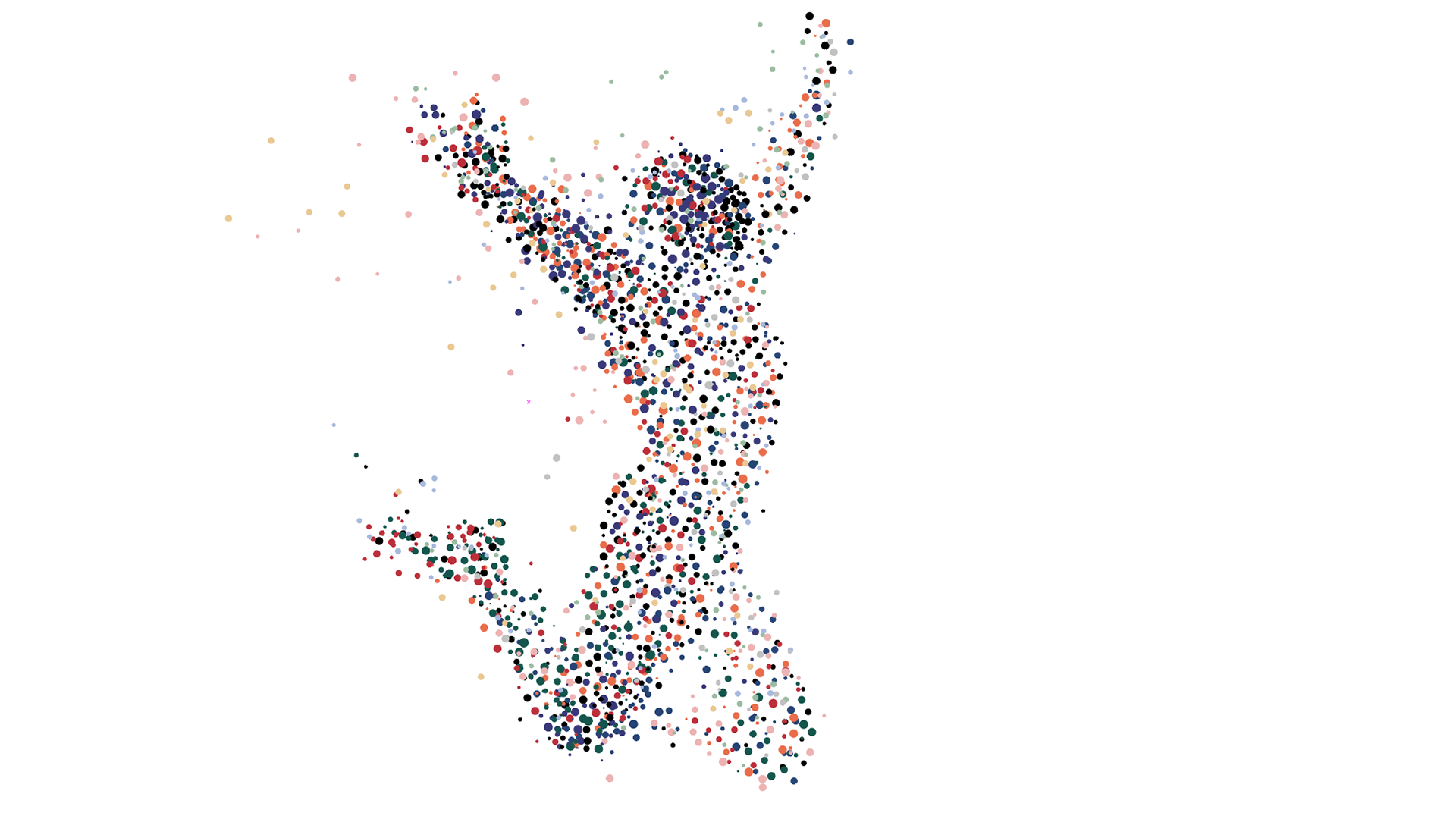Interview with Michael Pickett, MSN, APRN, CPNP
Interview with Michael Pickett, MSN, APRN, CPNP; Winner of the 2022 ANA Team Innovation Award; RediStik® Wearable Simulation Task Trainers
Michael Pickett, MSN, APRN, CPNP
Pediatric Nurse Practitioner
Texas Children’s Hospital
Winner of the 2022 ANA Team Innovation Award
RediStik® Wearable Simulation Task Trainers
“This innovation journey has made me proud to collaborate with so many nurses. It’s opened my eyes. There’s so much opportunity at our fingertips if we can support frontline nurses,” says Michael Pickett, lead nurse of the team who won a 2022 ANA Innovation Award.
Pickett has worked in the clinical nursing profession for 25 years. His interest in product development piqued five years ago by the innovation department at Texas Children’s Hospital.
“I was interested in simulation trainers, design, and anatomy – as well as learning new skills – so when I started doing a needs assessment, what kept coming up was that the existing simulation trainers weren’t realistic. The holes didn’t heal, revealing where students should place needles,” Pickett said. “Training in a hospital setting for new nurses could be scary, so I just went for it.”
Equipped with funding from Texas Children’s Hospital, Picket along with multidisciplinary team developed a wearable simulation trainer called RediStik® to enable nurses to learn skills in peripheral intravenous (PIV), Port-a-Cath and Central Venous Catheter (CVC) care and maintenance. Along the way, he learned multitudes about how to innovate.
“The most important thing for nurses to know is that innovation does not need to be an expensive new technology. It can be a simple solution. The key is to use your creative drive to come up with and implement your idea,” Pickett said.
The key to driving innovation is simply to start, Pickett suggests. By continuously improving the idea that you’ve put into action, an innovation can develop naturally. His team’s prototype trainer included a small vein to reflect the pediatric environment he works in, but the team quickly realized it was too challenging for new nurses and revised the design to have a larger vein.
“What’s cool about how we figured out the small and large vein is that now we have that setup so that people can learn on the large vein, and then progress to the small one – which actually rolls and is more difficult,” he said.
While Pickett and his team were inspired by the lack of an existing trainer that met the nursing profession’s needs, he was also motivated by other factors.
“I wanted to prove to myself that I could do it, and I wanted to prove to others that this could be done. My hope was to share the lessons learned and processes with others, and I think we’ve done that thanks to the ANA award and sharing the journey at conferences,” he said.
RediStik® engages staff and prompts discussions, because it is more realistic, which in turn stimulates learning, but it has also had a profound impact on quality improvement outcomes.
“With Global HOPE (Hematology Oncology Pediatric Excellence), in Malawi and sub-Saharan African, we’ve vastly increased nurse confidence with Redi-Stik. Seeing this innovation have a global impact has been humbling,” Pickett said.
Considering the strain on nurses, Pickett believes innovation will be vital to advancing the profession and healthcare in general.
“Innovation is a steppingstone to further nursing,” he says. “It has to be, otherwise we may not progress as a profession. The more we can showcase great examples of innovation, the more other will feel empowered to innovate.”
The Innovation
The RediStik® Wearable Simulation Task Trainers were developed by a multidisciplinary team of frontline nurses. They identified educational gaps in the lack of realistic, versatile, and engaging training tools for nurses to learn skills in peripheral intravenous (PIV), Port-a-Cath and Central Venous Catheter (CVC) care and maintenance. Nurses and other health care professionals are trained to insert peripheral and central venous catheters to administer fluids, draw blood, and deliver medications. The RediStik® innovation offers nurses the opportunity to have hands on practice while receiving real-time feedback from instructors via zoom. Nurses have access to a system of individual and wearable simulation trainers as well as immersive skills videos filmed from the nurses’ point of view, which are accessible on YouTube® and through a QR code found on the RediStik® Kits.

Team Members:
Marilyn Hockenberry, PhD, RN, FAAN
Professor of Pediatrics
Baylor College of Medicine
Tadala Mulemba, RN, BscN
Nursing and Midwifery Officer
Ministry of Healthy, Malawi
Jaime Choate, MSN, RN, NPD-BC
Nursing Professional Development Specialist
Texas Children’s Hospital
Jeannie Eggers, MSN, RN, CPN, CCRN
Simulation Education Specialist
Texas Children’s Hospital








